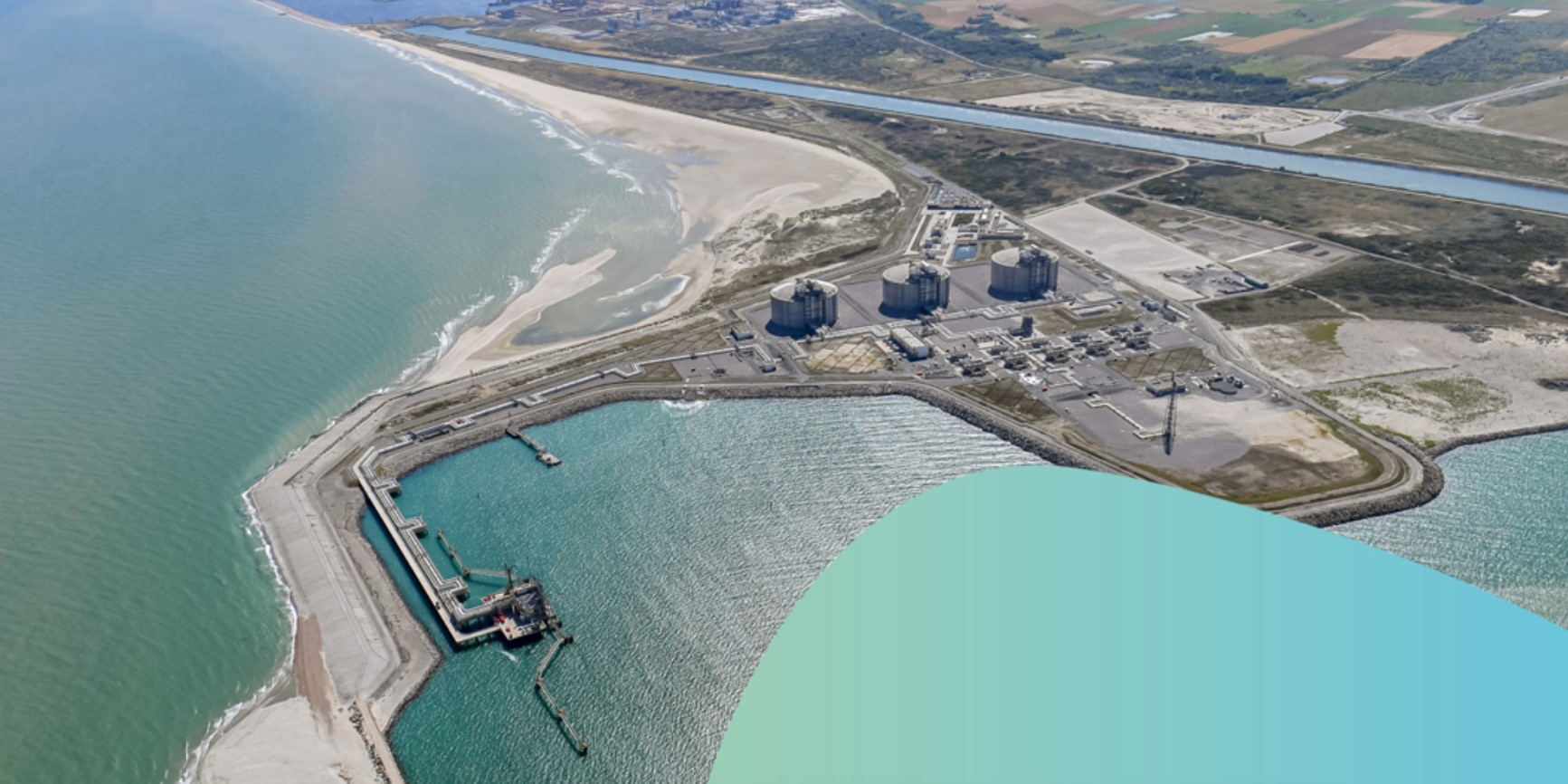France’s Dunkirk LNG import terminal has reduced sendout to the grid due to a strike against the government’s pension reform.
Dunkerque LNG, the operator of the Dunkirk LNG facility led by Belgium’s Fluxys, resumed operations on March 17 following a strike.
During March 7-17, the terminal’s jetty and the truck loading station were unavailable, while the delivery capacity was reduced to the “minimum”.
Workers have now decided to resume the strike until Friday.
“Fluxys confirms that a resumption of the strike has been declared at the Dunkerque LNG terminal to protest against the pension reform, from this Thursday 23 March 2023 at 6:00 am until Friday 24 March 2023 at 6:00 am,” Fluxys told LNG Prime via email.
“As a result, a reduction in emissions from the terminal is planned during this period,” the company said.
Dunkerque LNG data shows that the delivery capacity is reduced to 70 GWh/day. The terminal’s maximum capacity is about 520 GWh/day.
“The teams at the Dunkirk terminal are closely monitoring the situation and ensuring the safety of the installations,” Fluxys said.
Dunkerque LNG owners include two groups with the first consortium led by Belgium’s Fluxys holding a 61 percent stake.
Commissioned in 2017, the LNG terminal has an annual regasification capacity of 13 billion cubic meters of natural gas.
Previous shareholders EDF and TotalEnergies are the main customers of the LNG terminal through 20-year contracts.
Besides Dunkirk LNG, Elengy’s three LNG import terminals in France also remain blocked until March 28 due to a strike against the pension reform.
The company operates the Fos Tonkin and Fos Cavaou LNG terminals on the Mediterranean coast and the Montoir-de-Bretagne facility on the Atlantic coast.

